Overview
Our positive impact to human and environmental health depends on ensuring strong foundations in chemical engineering and applied chemistry principles. Thermodynamics, mass transfer, fluid mechanics, heat transfer, molecular and process modeling, data science and informatics, and the structure and characterization of materials are examples of foundational expertise in chemical engineering and applied chemistry that advance our understanding in areas spanning from inorganic to biological phenomena. Our department uniquely expands these foundational concepts to address engineering education and leadership. Some examples of our research activities include:
- Modeling the phase behavior of complex surfactant-water-oil systems.
- Investigating suspensions of rigid and deformable particles such as droplets, elastic particles and vesicles.
- Designing optimal biological processes and material structures through machine learning and modeling.
- Imaging complex and soft materials during real-time processing.
- Investigating fundamental transport phenomena through model membrane materials and new membrane designs.
- Optimizing separations processes for water recovery and re-use.
- Applying fundamentals in chemical engineering to finance, including valuation of real options.
- Improving instruction of transdisciplinary competencies and life-long skills development (Institute for Studies in Transdisciplinary Engineering Education & Practice).
- Creating opportunities for curricular and co-curricular leadership (Troost Institute for Leadership Education in Engineering).
Key Terms
- Data science
- Surface and interface analysis
- Nanoscale electrochemistry
- Electrolyte thermodynamics
- Corrosion fundamentals
- Process modeling
- Process engineering
- Process optimization
- Advanced materials
- Nanomaterials
- Complex fluids
- Transport phenomena
- Separation science
- Engineering education
- Leadership in engineering
Core Principal Investigators

Microscopic thermodynamic models; HLD-NAC theory; Process Engineering
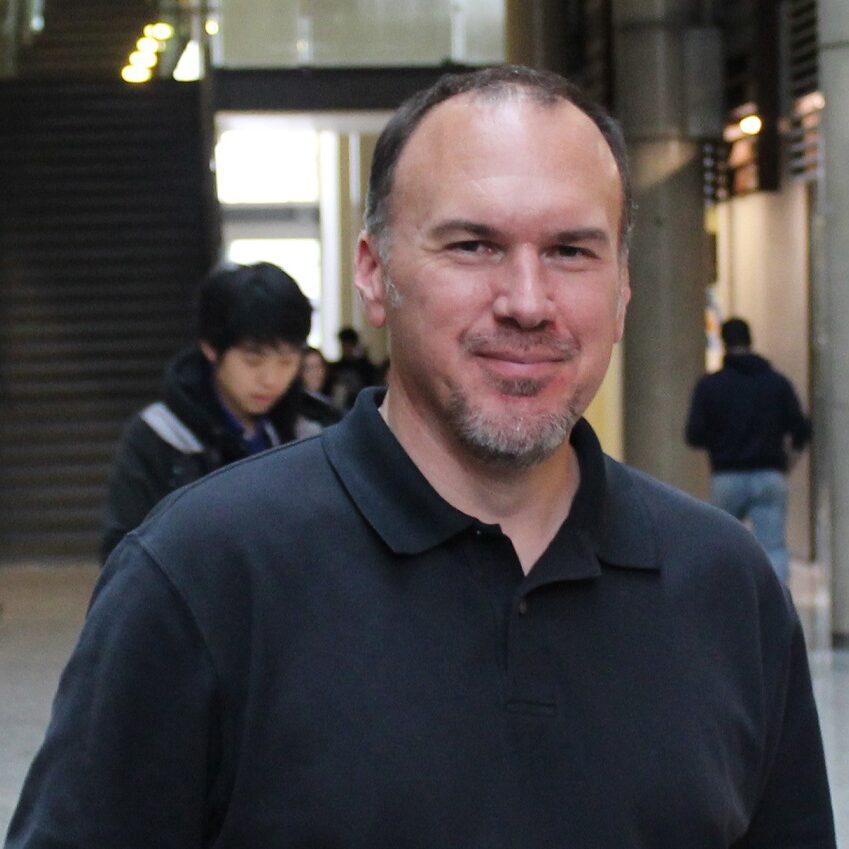
Nanomaterials; molecular modeling; process modeling

Data science; process modeling; process optimization
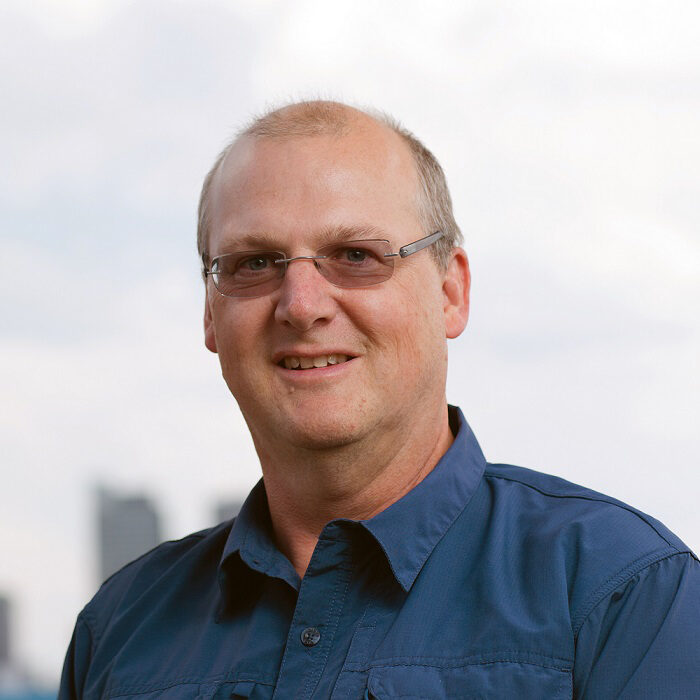
Air pollution; advanced measurement methods; environmental data analytics
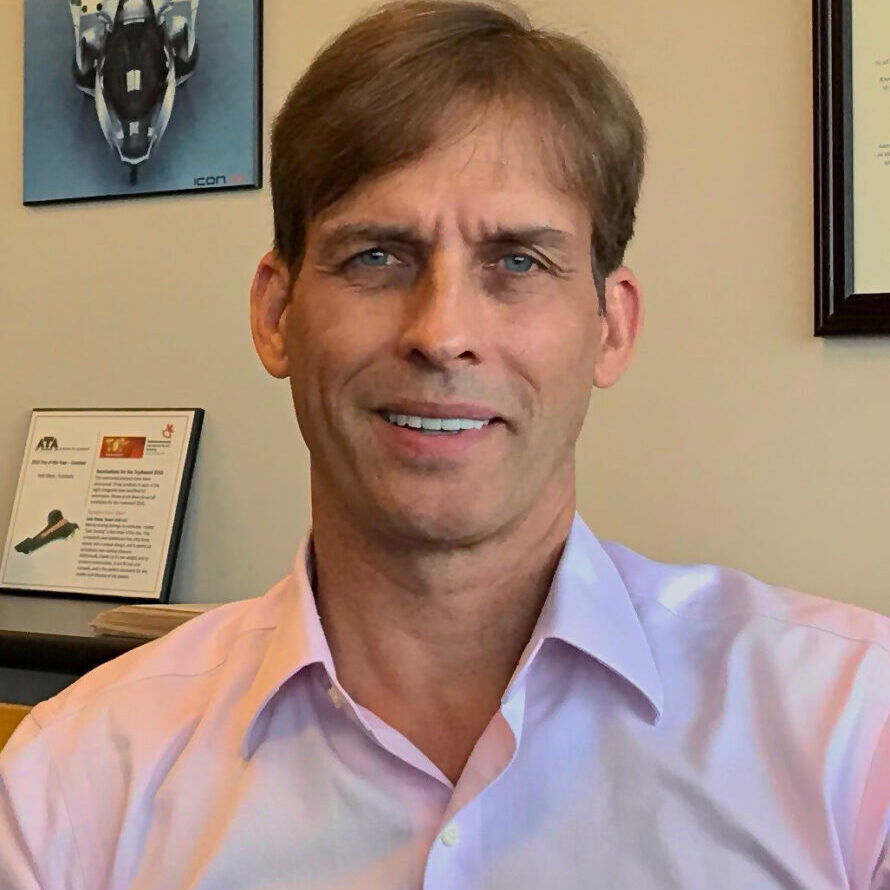
Surface and interface analysis; material design; engineering education
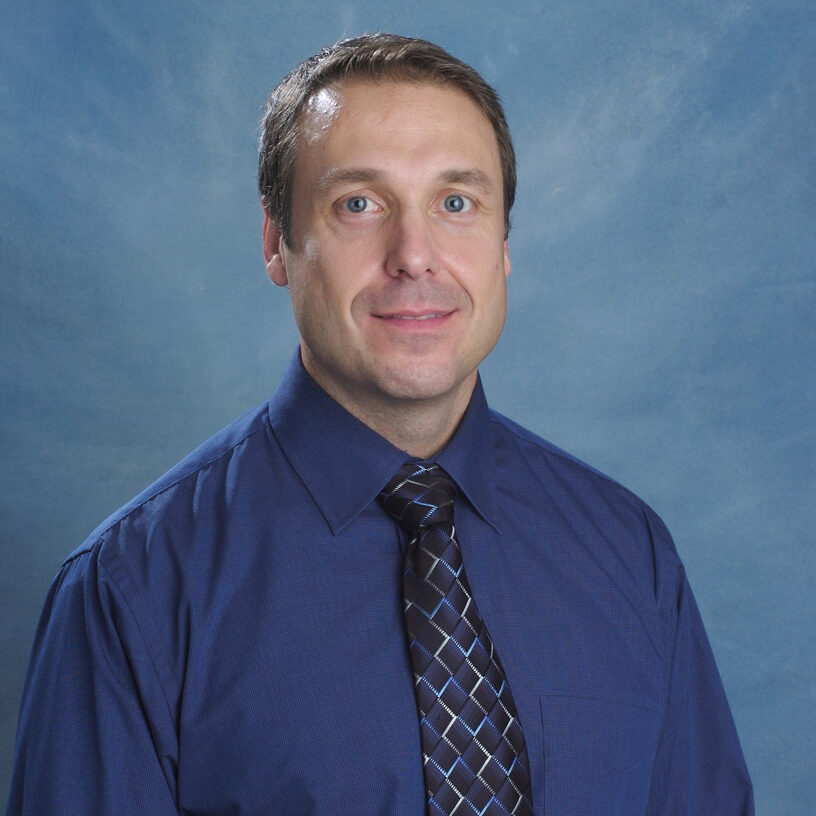
Data science; process modeling and optimization in financial engineering
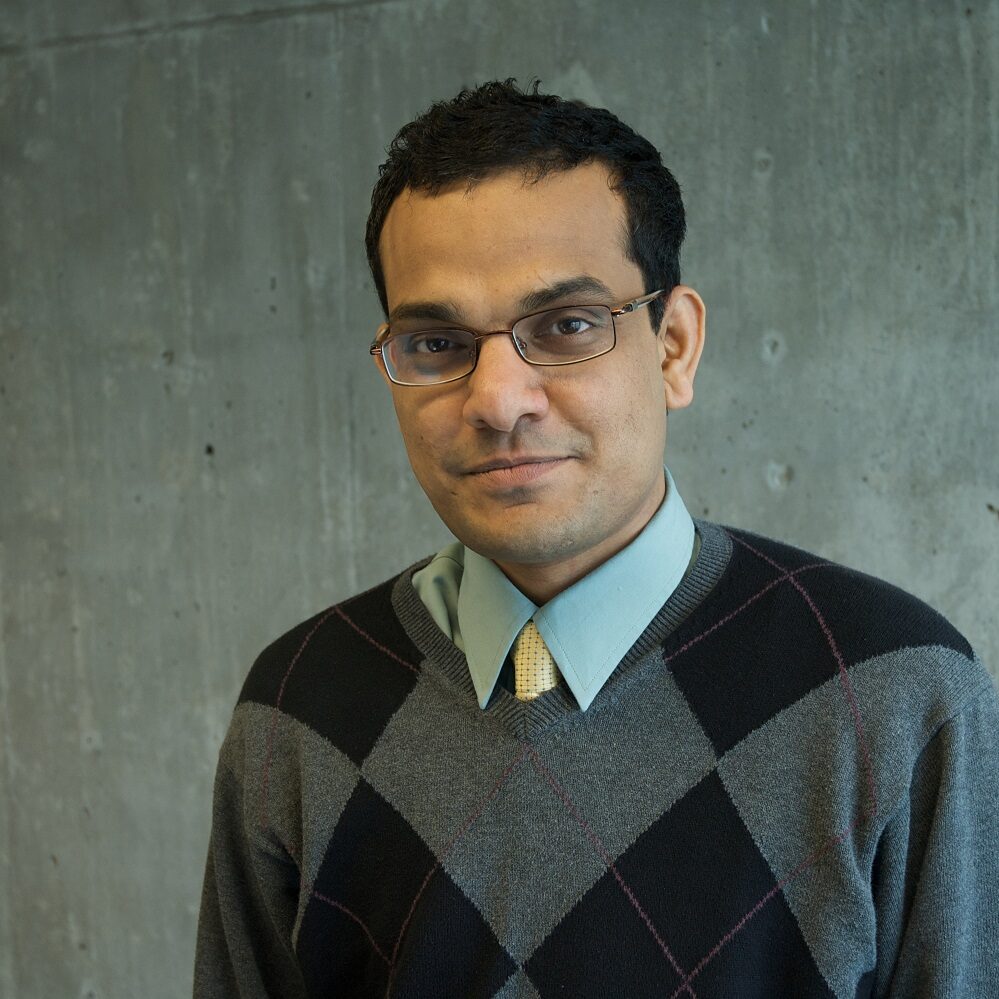
Process optimization; process modeling; data science
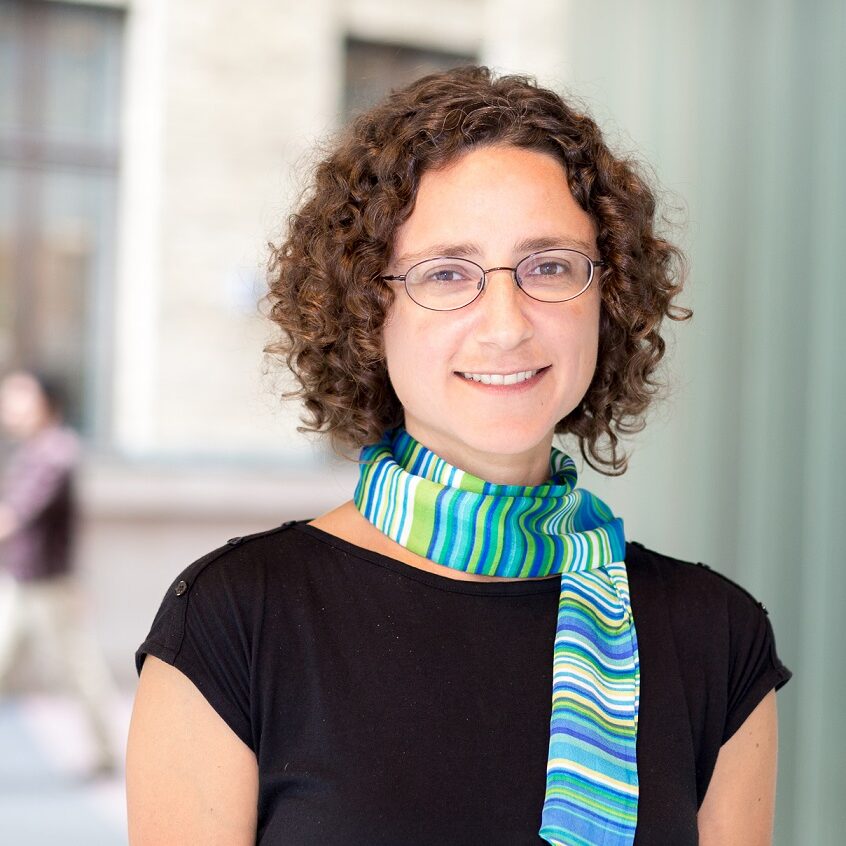
Surface and interface analysis; advanced materials
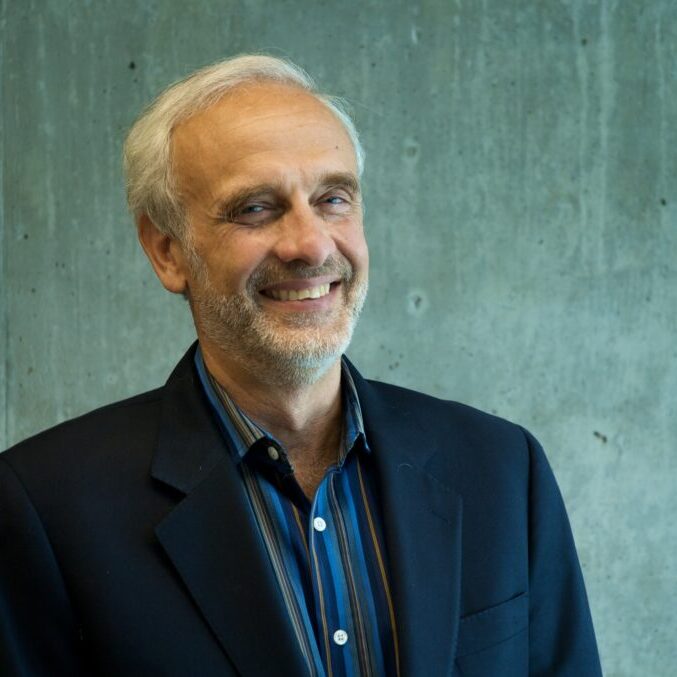
Surface and interface analysis; nanomaterials

Data science; advanced materials; separation science
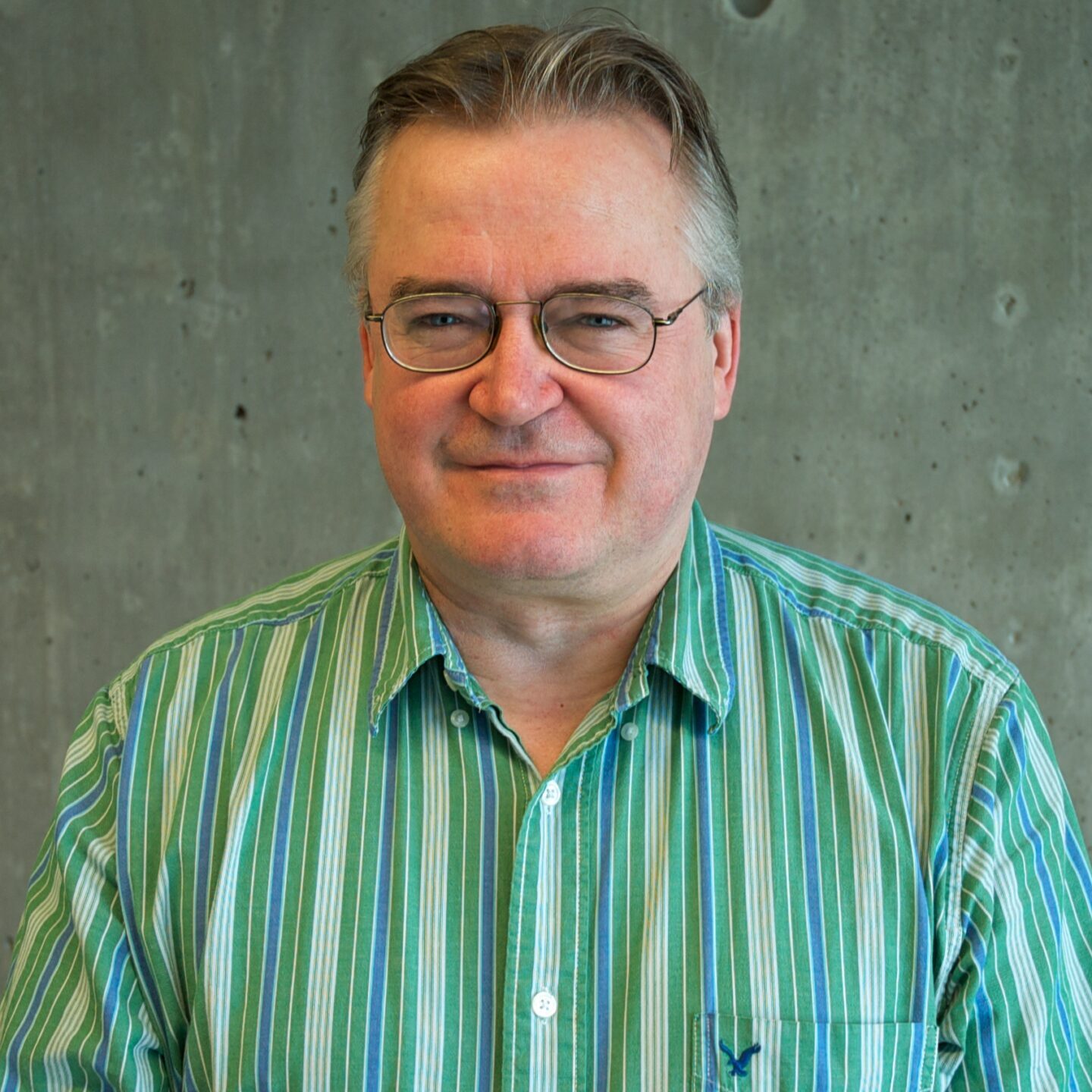
Nanomaterials; corrosion fundamentals; nanoscale electrochemistry

Electrolyte thermodynamics; chemical modelling; sensors
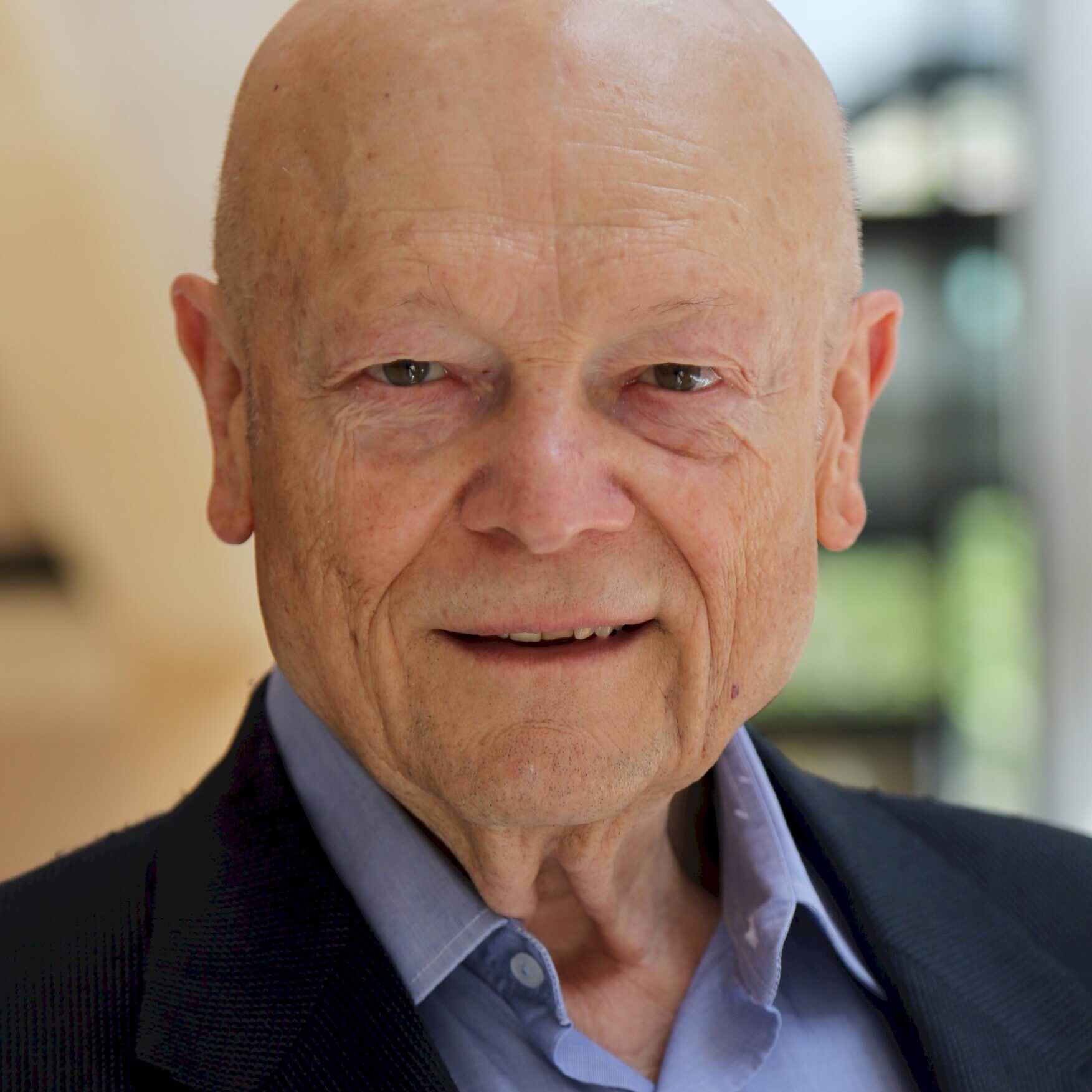
Data science; process modeling and optimization in financial engineering
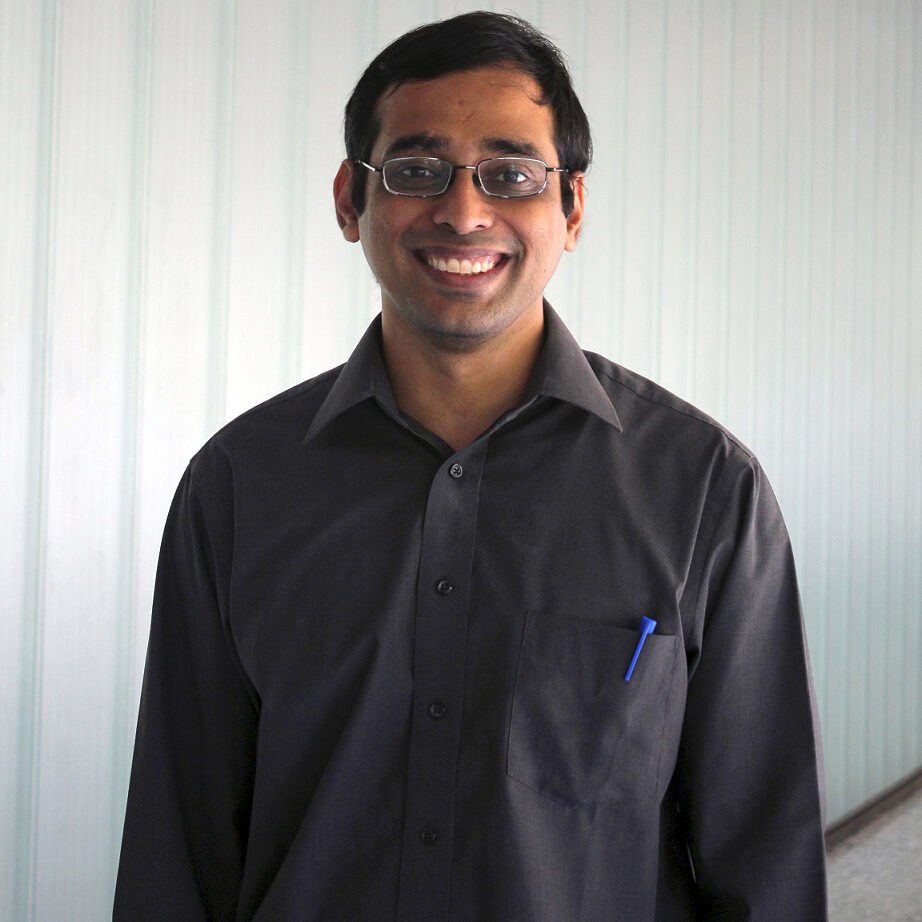
Complex fluids; transport phenomena; interface analysis; advanced materials
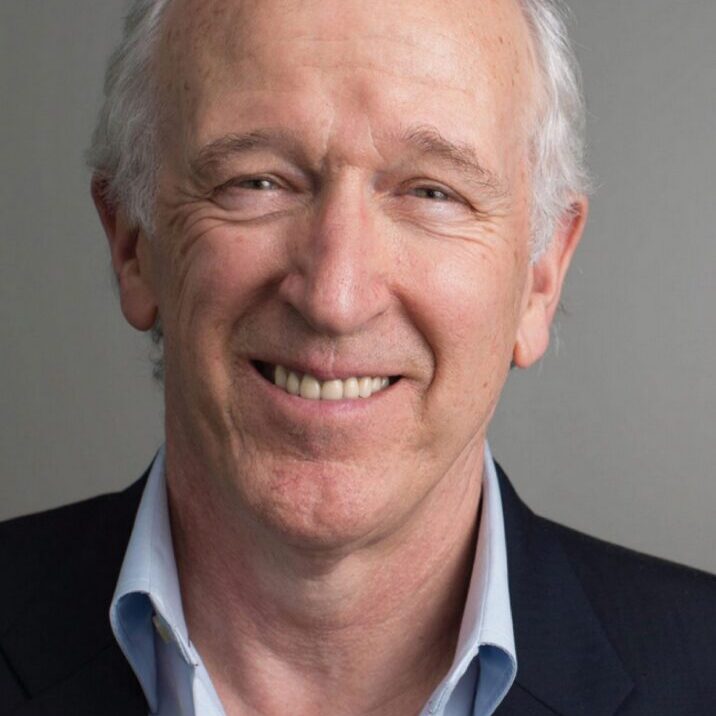
Research on engineer leadership in the workplace; developing evidence-based leadership curriculum
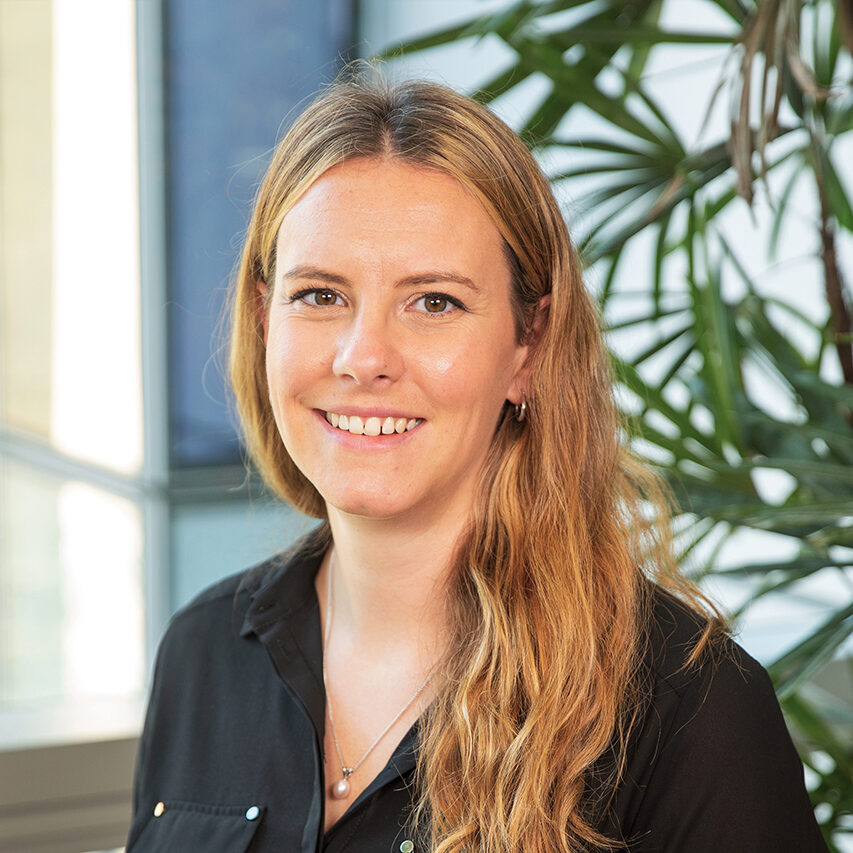
Nicole Weckman
Surface and interface analysis; synthetic gene circuits; micro and nanotechnologies
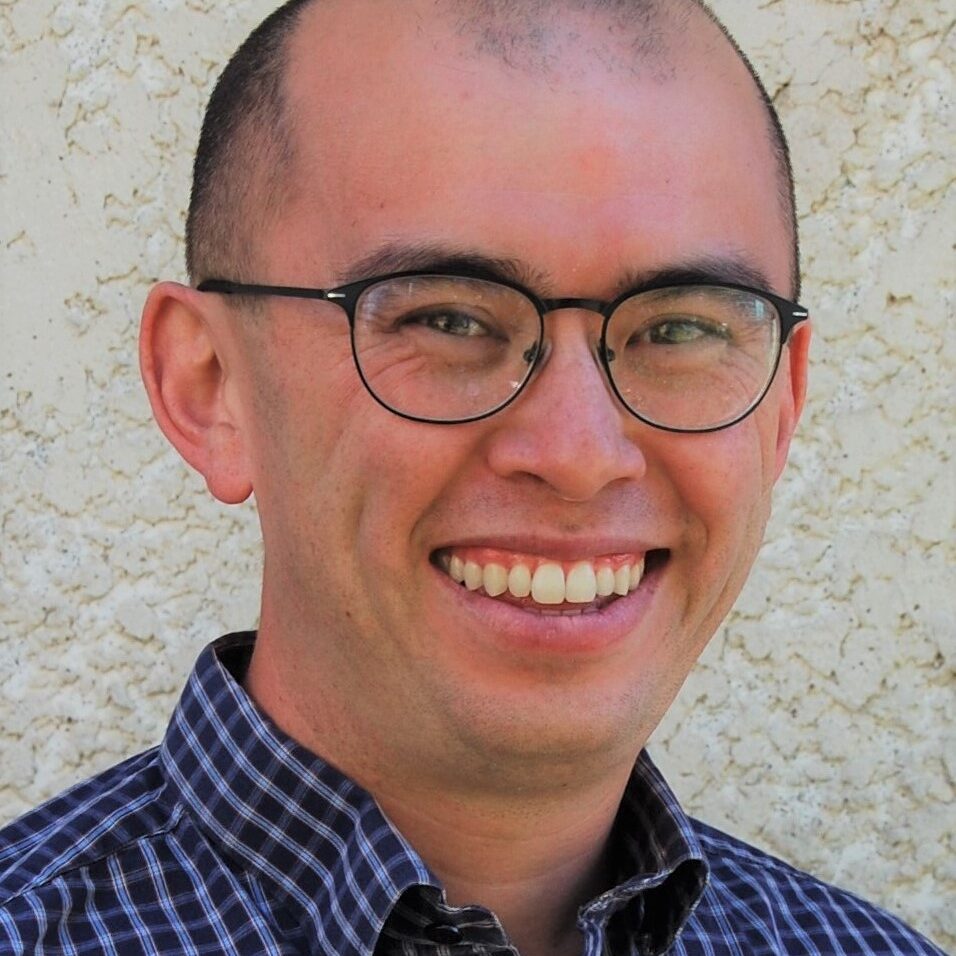
Separation science; advanced materials; surface and interface analysis